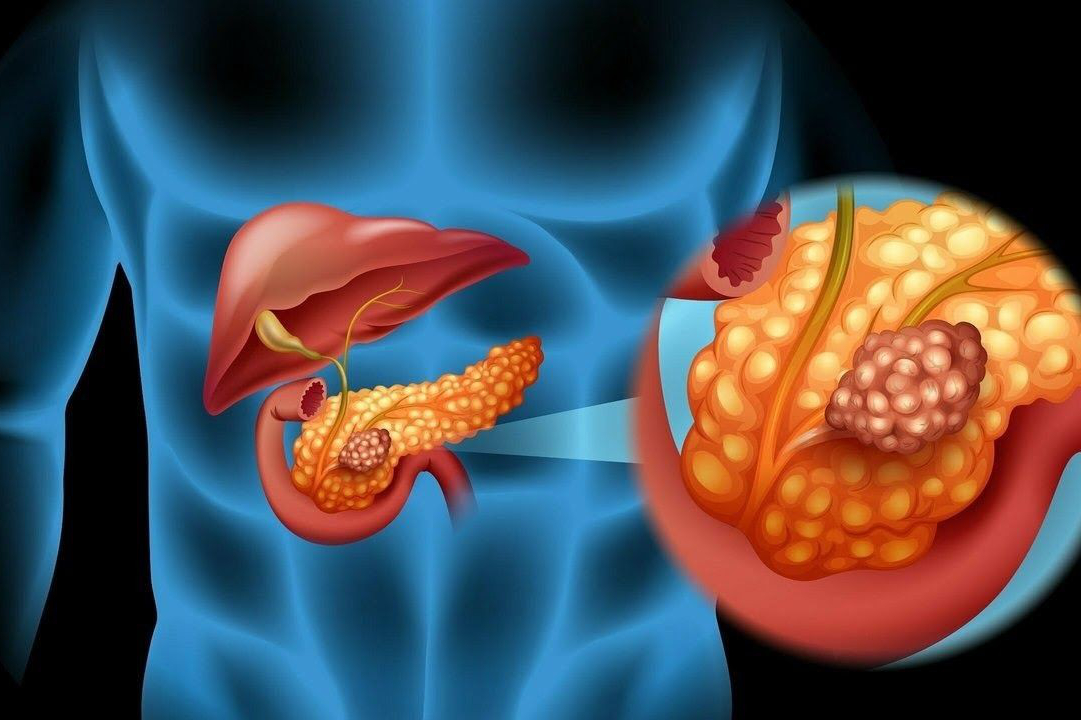The components of Probiotic Bacteria Spores support Digestive Function
Sep 17, 2023

Enzymes are biological catalysts primarily composed of protein. They are typically produced from genes that encode specific amino acid sequences within the body’s cells. An important characteristic of enzymes is their ability to function as catalysts in biological chemical reactions. However, unlike typical inorganic catalysts, enzymes operate under mild conditions such as the body’s temperature and pH.
The protein structure of enzymes determines their function. Each type of enzyme has a unique and specific structure, which allows them to exhibit a high degree of selectivity in interacting with specific substrate molecules. Enzymes can lower the activation energy required for chemical reactions to occur, thus accelerating the rate of those reactions without being consumed in the process. After completing a reaction, enzymes are not destroyed and can be reused in other reactions.
The crucial role of enzymes in biological processes has made them a significant research focus in various fields, from basic research to applications in medicine and food technology. Understanding the structure and function of enzymes has contributed significantly to the development of the pharmaceutical industry, molecular biology, and the development of more efficient food processing and preservation methods.
(0) Bình luận
Viết bình luận